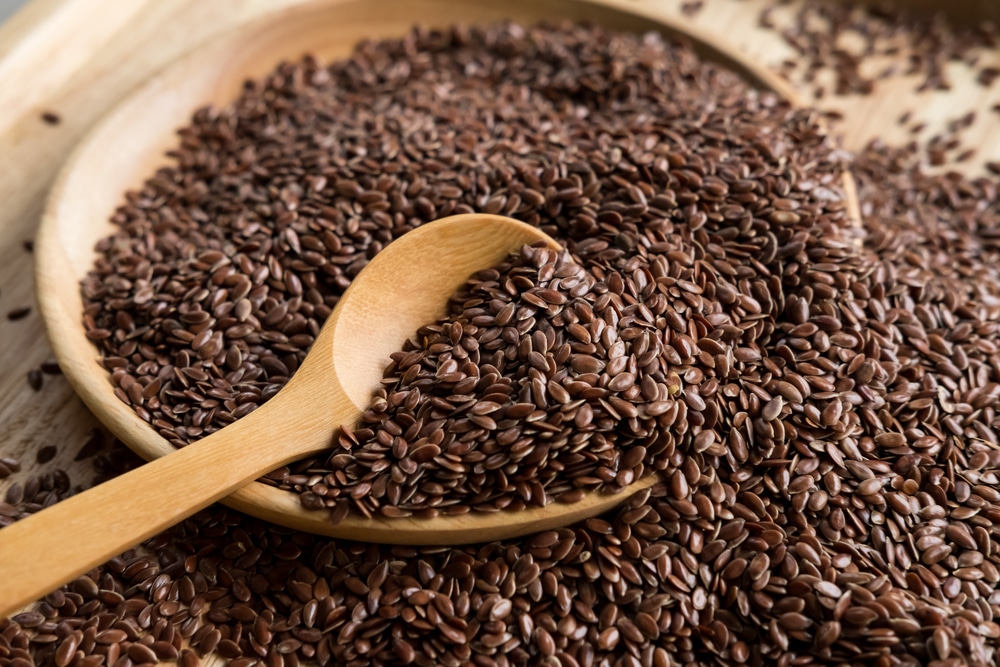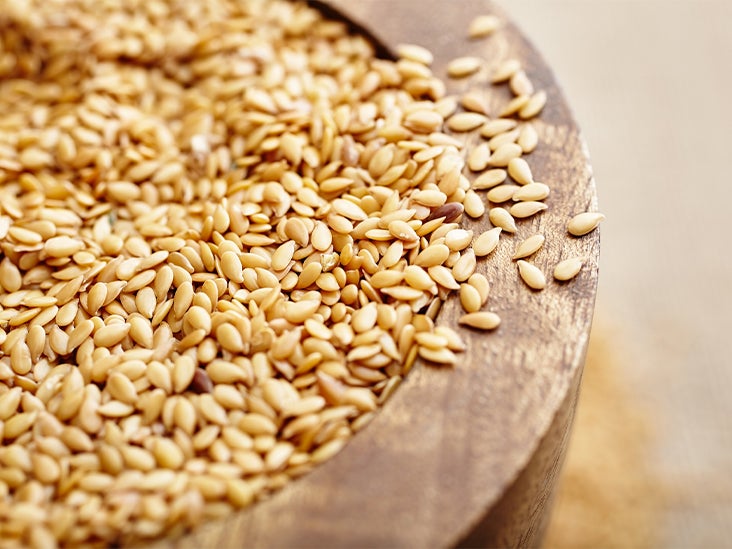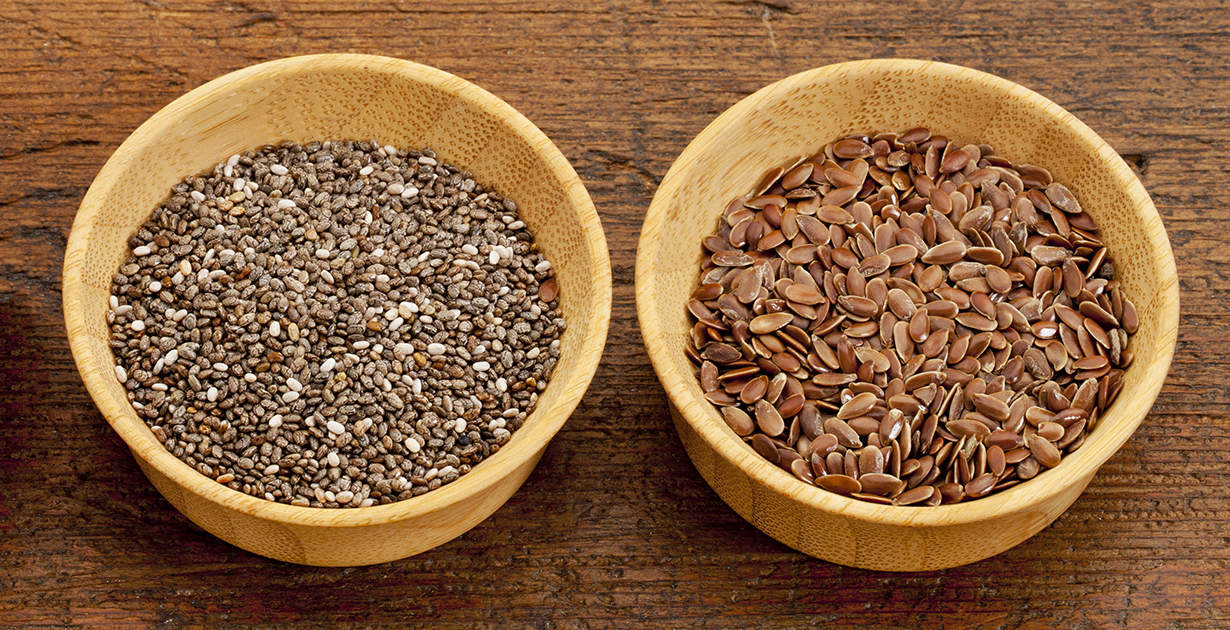Health Benefits of Flax Seed
With a Latin name meaning “very useful”, no wonder, Linum usitassimum, also known as Flax, belonging to the family Lineaceae, is one of the few plants, that is now gaining an interest in the field of food science & nutrition. All because of its jam-packed nutrients, and phytochemicals which act as bioactive molecules. With an Interest fueled by the demand coming from health-conscious individuals, and those that are exploring a plant-based diet.
Flaxseed, are a good source of good “fats”, dietary fibers, and antioxidants. And have been used to help supplement those experiencing constipation, and other chronic health diseases. It’s also rich in carbohydrates, fiber, protein, and a host of essential nutrients.
When it comes to its nutritional characteristics and potential health benefits. Here are some of them; 
1. Healthy fats - to be specific, healthy fats. One of which is omega -3 and omega-6 fats. Flaxseed oil has been known to be low on saturated fatty acids, and a great source of polyunsaturated fatty acids. Which are crucial in maintaining nerve function, helping in blood clotting, and promoting brain health. As some of you know. Omega -3 fatty acids are good for; balancing triglycerides in the body and helping reduce the chance of experiencing high -blood pressure. While Omega -6 fatty acids; helps balance blood sugar levels, and reduce the chance of experiencing diabetes.
2. Rich in Antioxidants - One of which is lignans. A fiber compound that is commonly found on various members of the nut family. Also found in seeds and vegetables. It also contains cysteine and methionine which are essential antioxidants. flaxseed also contains high levels of lignans. They act as antioxidants and have also been shown to have promising studies around their cancer-fighting properties. Other antioxidants like Vitamin E, which is crucial for cell protection and oxidation. 
3. A good source of plant-based fibers - Dietary Fibers -The fibers present in flaxseed have laxative properties and some studies suggest that around 10 grams of flaxseed. Which to be consumed daily have an approx. 1 g of soluble fiber and 3 grams of insoluble fiber. All of which have laxative properties and help reduce constipation. As for the specifics of water-soluble, they are responsible for helping balance the body’s glucose and cholesterol levels.
4. Good source of minerals - Other than fibers and antioxidants. The plant (flaxseed), also have been shown to be a good source of minerals. Trace minerals like phosphorous, and calcium. Flaxseed also contains high levels of potassium.
5. Help Promote heart health and blood health. - among the components of flaxseed. They are also a good source of folic acid. A vitamin, B vitamin to be exact helps the body to produce or make new red blood cells. 
But take note, of any drastic dietary changes. It’s also advisable to seek medical help from your board-certified physician, or other members of your medical team. For he or she can better give you advice on what better way to start incorporating functional foods into your diet.
